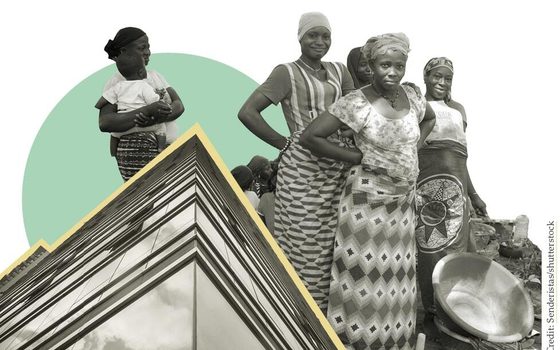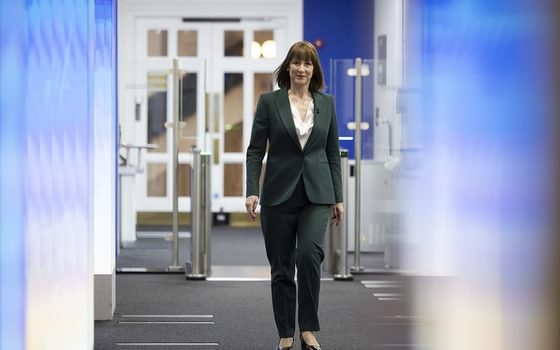Solidarity with Black Lives Matter protesters
We need systemic change to protect the lives of BAME communities.
05 June 2020
Protests in the US over the killing of unarmed George Floyd have now spread to different parts of the globe including the UK. Campaigners have highlighted many stark parallels between the lives of Black communities in the US and UK. Public Health England’s report released this week affirms these charges, showing that BAME people are twice as likely to die from Covid than white people — with Black men 4.2 times more likely to die from Covid than white men. But this report, which has been accused of censorship, is not enough.
The government must do more to protect the lives of BAME workers. Belly Mujinga is one of the thousands of BAME people who have died in this pandemic. Reports say she was “at risk” and had pleaded with her employer against working outside the protection of a ticket office without personal protective equipment (PPE). But police are taking no further action over Belly Mujinga’s death, and the government has rejected claims that ‘systemic injustice’ is behind the high level of BAME Covid-19 deaths.
We have all been impacted by this crisis but while most of us have been isolating in our homes to stay safe, many have not had this choice. Workers previously branded as “low-skilled” are now deemed “essential” for fixing the crisis. Members of the BAME community play a disproportionate role in running our hospitals – from nurses to cleaners to doctors. They are working in supermarkets giving us access to food and essential items. They are working in care homes looking after the elderly and most vulnerable. It is these workers who are at risk and making sacrifices for the health and wellbeing of this country.
Workers previously branded as “low-skilled” are now deemed “essential” for fixing the crisis.
Without government support, these workers have had to take it upon themselves to demand what is needed and necessary to do their work safely. Colleagues of Belly Mujinga have said that she made her employer Govia aware that she was in danger. Despite this, she was forced to work in an exposed environment on the concourse, where she would interact with passengers without protection. By ignoring unions demands for social distancing measures, the government increases risk for both the general public and essential workers, particularly poorer and BAME workers who often have long commutes having been priced out of major cities.
According to research by Carnegie UK Trust, the UCL Centre for Longitudinal Studies and Operation Black Vote in England, BAME workers are 47% more likely to be on a zero-hours contract. It also found that Black Africans are less likely to be in a permanent role, and more likely to be doing shift work, than their white counterparts. They are also most likely to be employed casually by agencies or on insecure bogus self-employment contracts. These workers do not have access to furlough or to sick pay and so have not had the choice to self-isolate and protect themselves. The story of Emmanuel’s death, a cleaner and member of United Voices of the World union, is another tragic example of how workers’ lives are treated as disposable. The cleaning contractor OCS and the Ministry of Justice did not give Emmanuel access to sick pay and so he continued to work to feed his family.
We need genuine systemic change. Instead the prime minister has backpedalled on pledges to review discriminatory policies like ‘No Recourse to Public Funds’ (NRTPF). Even after a High Court ruling found the rules surrounding NRTPF in breach of human rights obligations, the commitment to scrap it was dropped.
Only by pressuring the government can we achieve the scale of meaningful change needed to support those most impacted by Covid-19 pandemic. We must demand justice for workers, for Black people and for BAME communities as a whole. We must stand by the family of Belly Mujinga who are seeking out protection for workers. We must stand by workers, who through their unions, are demanding PPE, greater social distancing measures and hazard pay. We must seek out and show our support for the work of grassroots community organisations like the Magpie project, who offer practical support for migrants and build power and leadership with BAME communities to confront injustices like NRTPF.
We must show solidarity with Black Lives Matter protestors and all Black people who have experienced systemic and institutional discrimination. We must uplift all the voices who seek accountability for BAME workers who have lost their lives unnecessarily during the pandemic. And we must demand action from the government which has so far fallen woefully short.
Donate to Belly Mujinga’s family.
Image: Unsplash
Campaigns Coronavirus response
Topics Inequality






